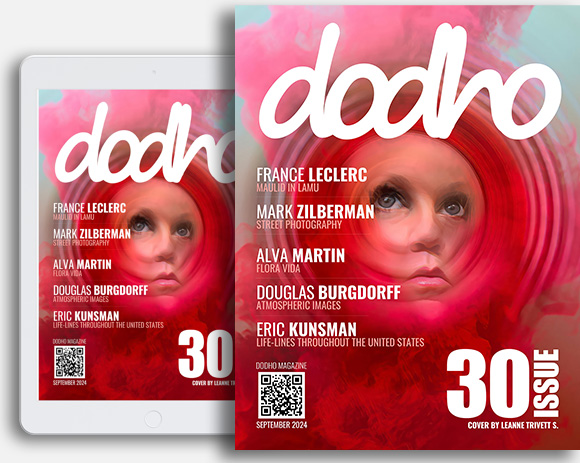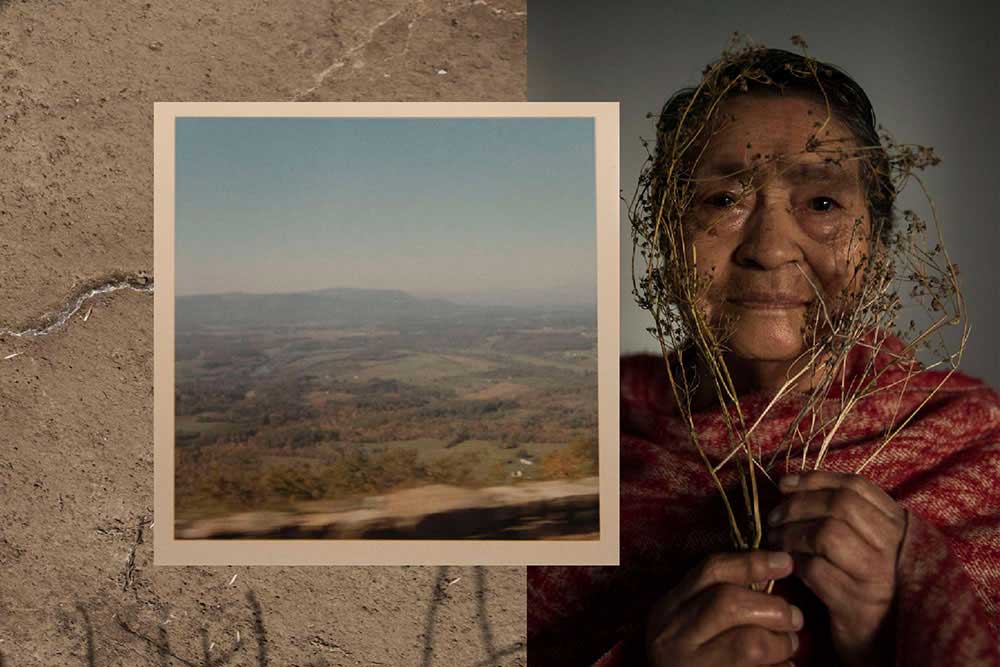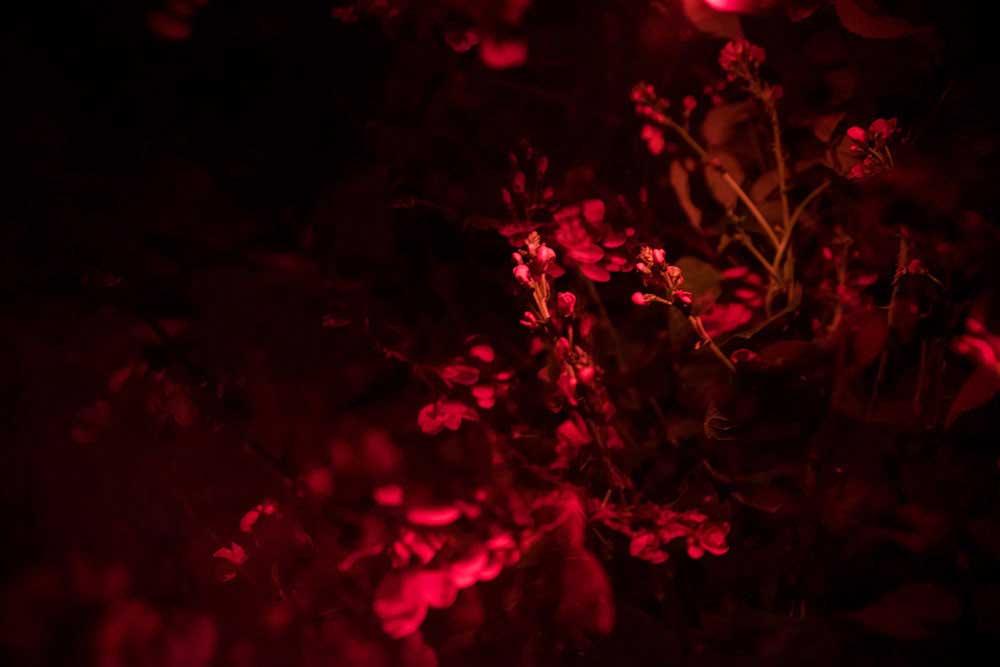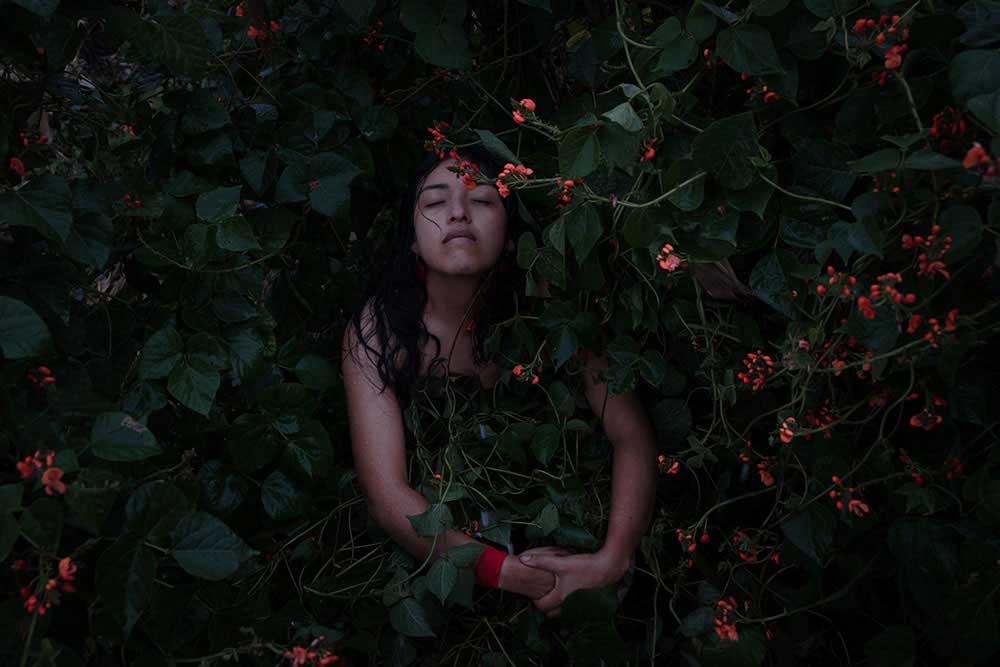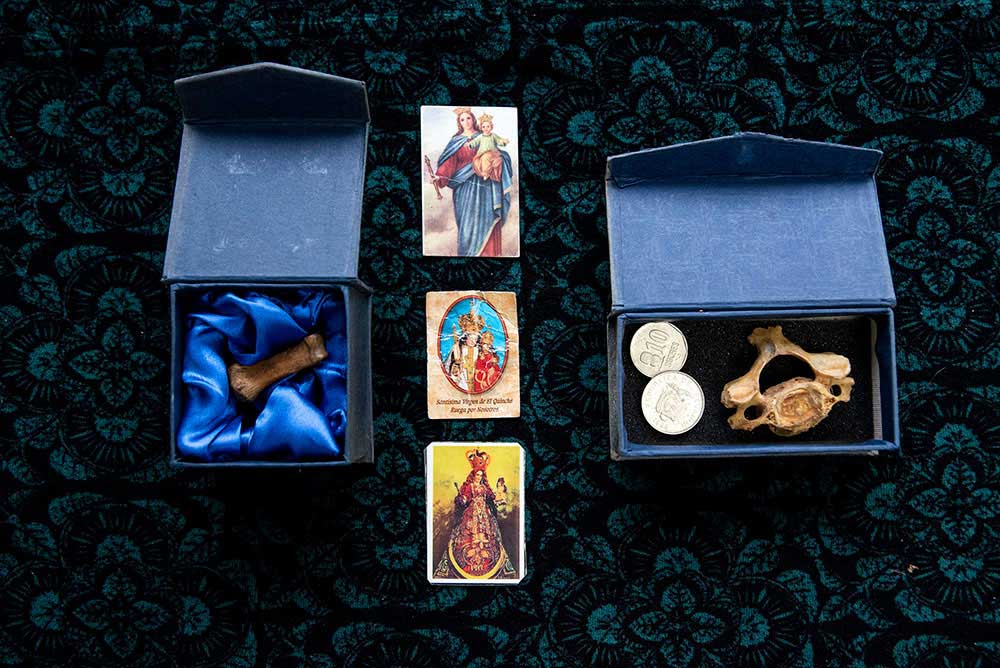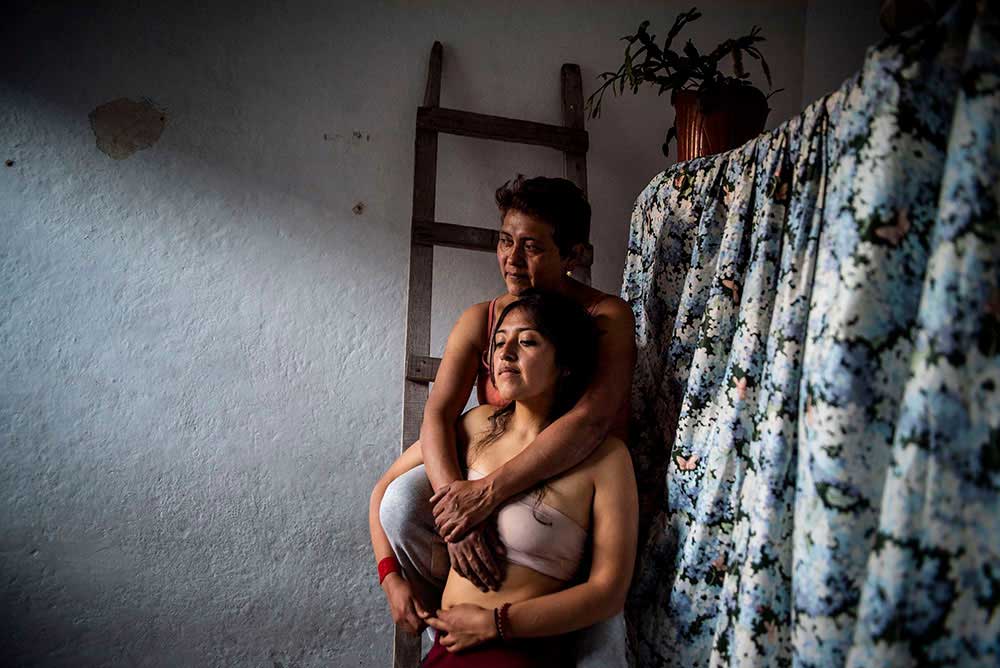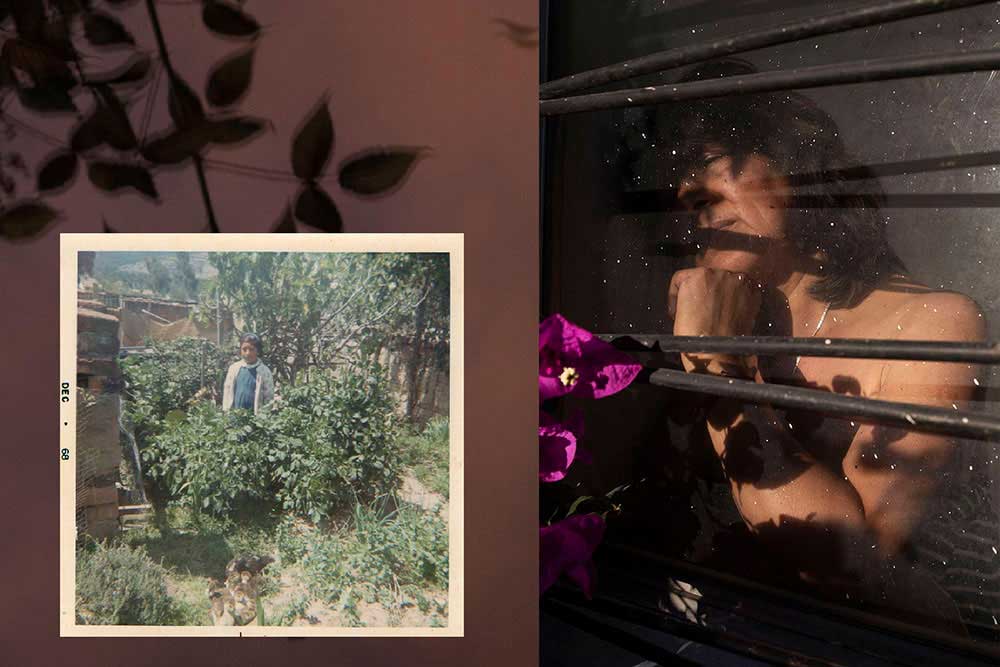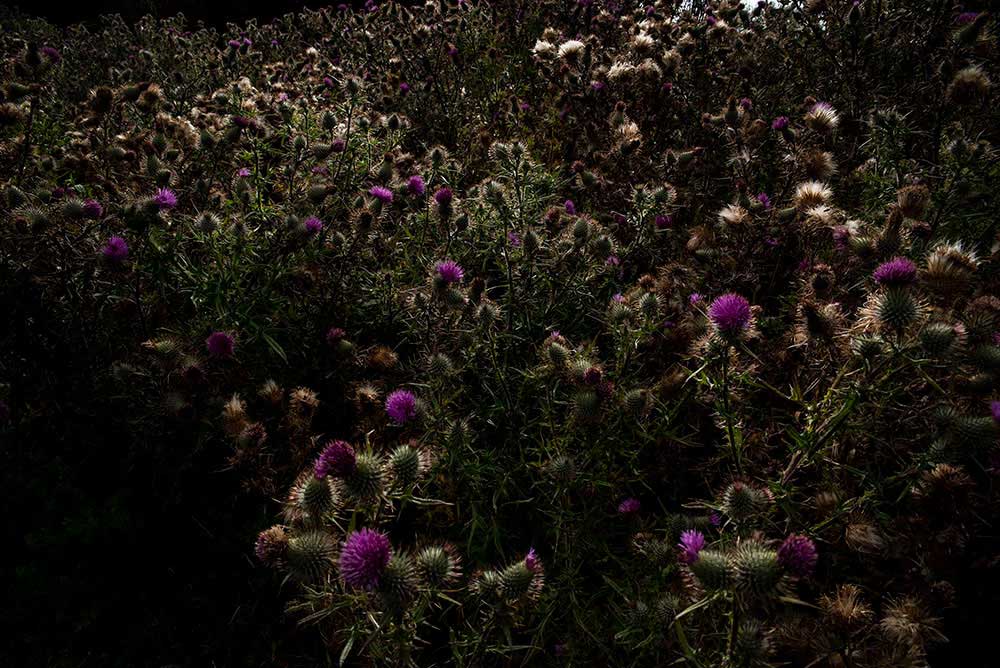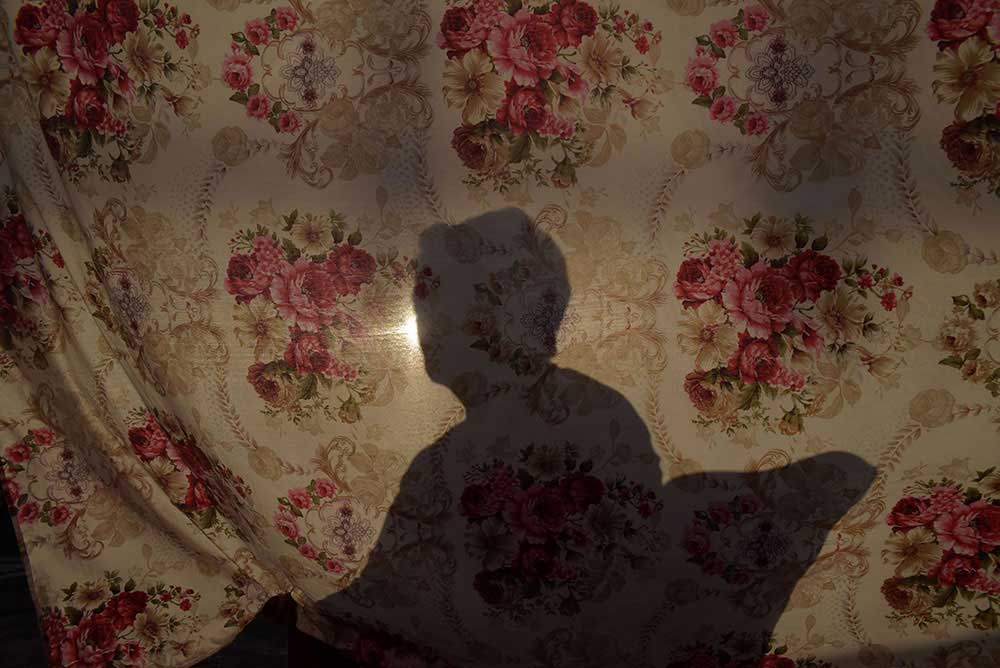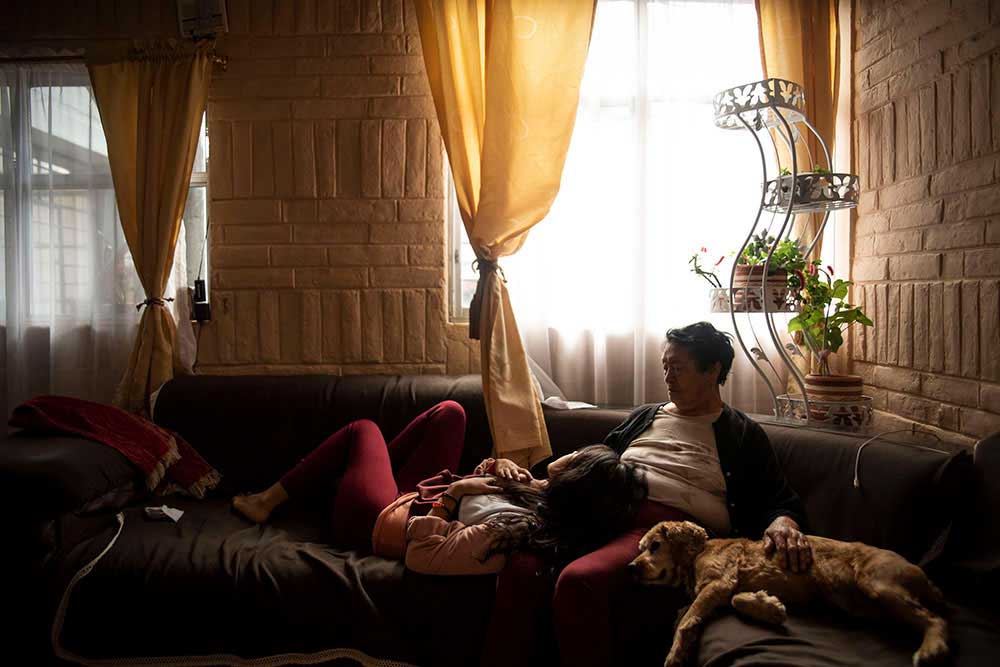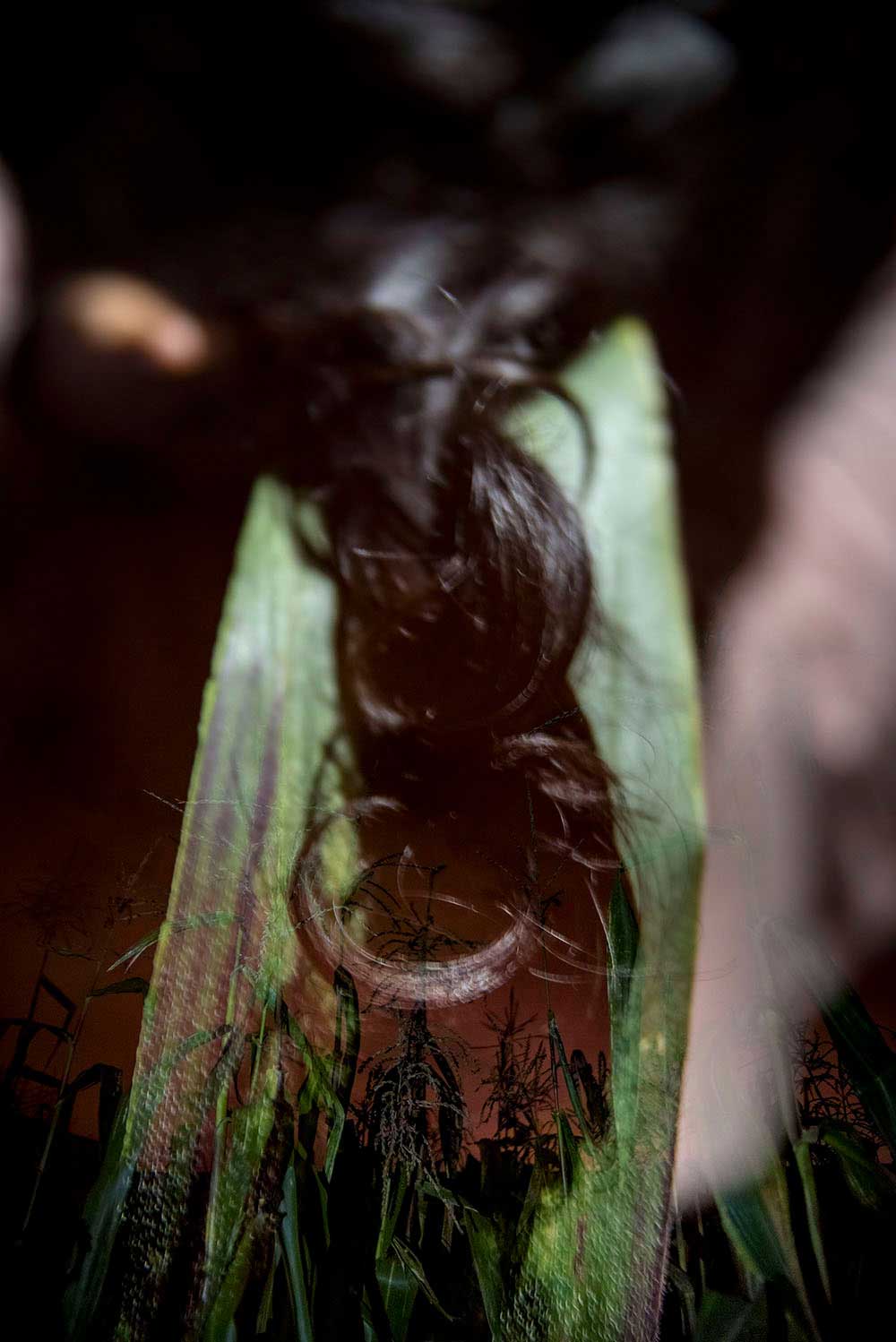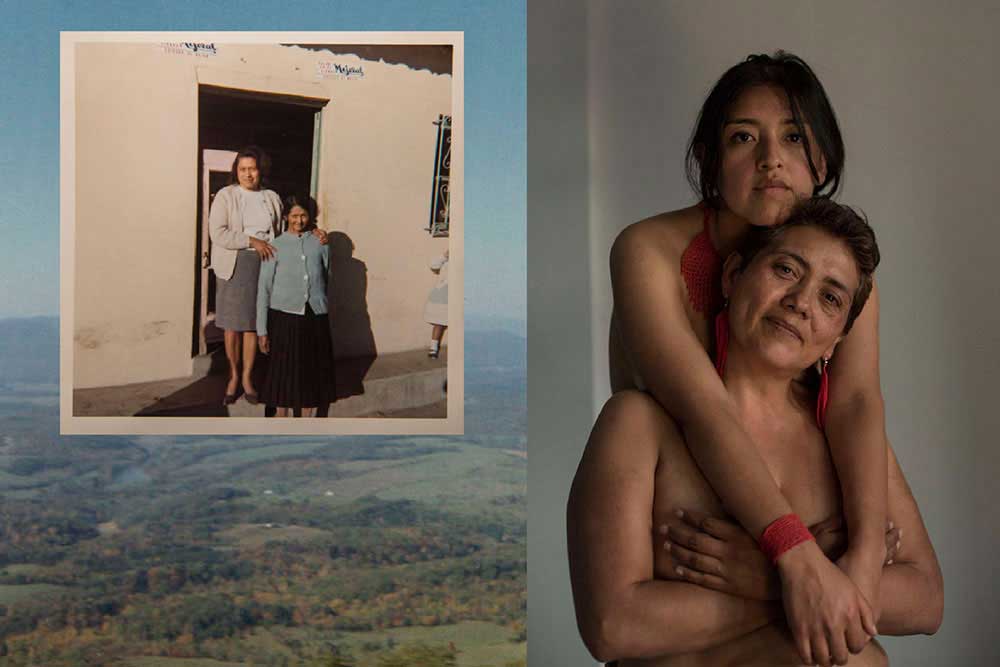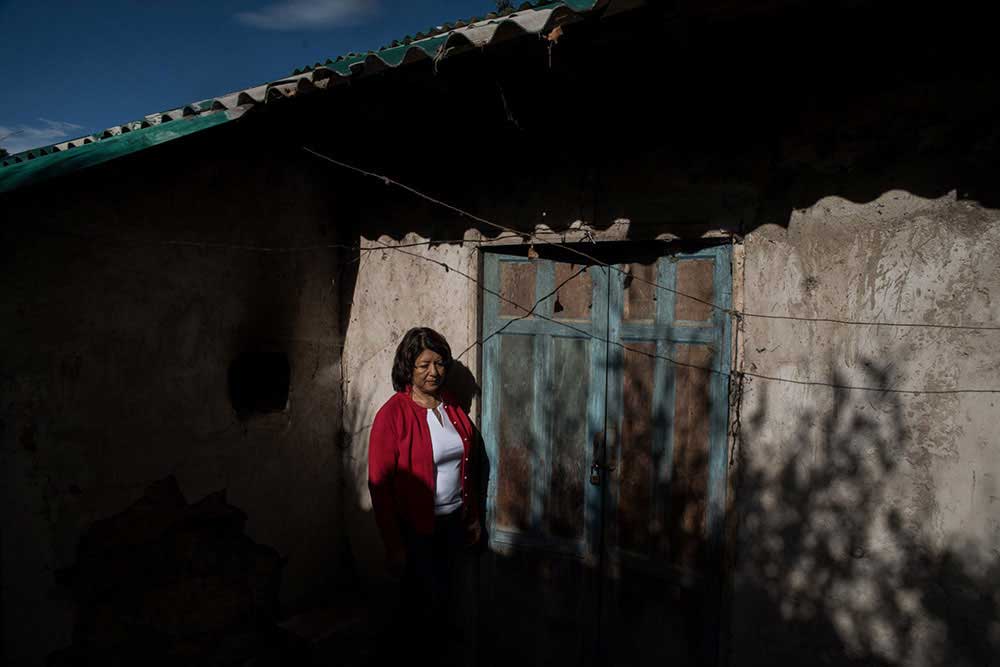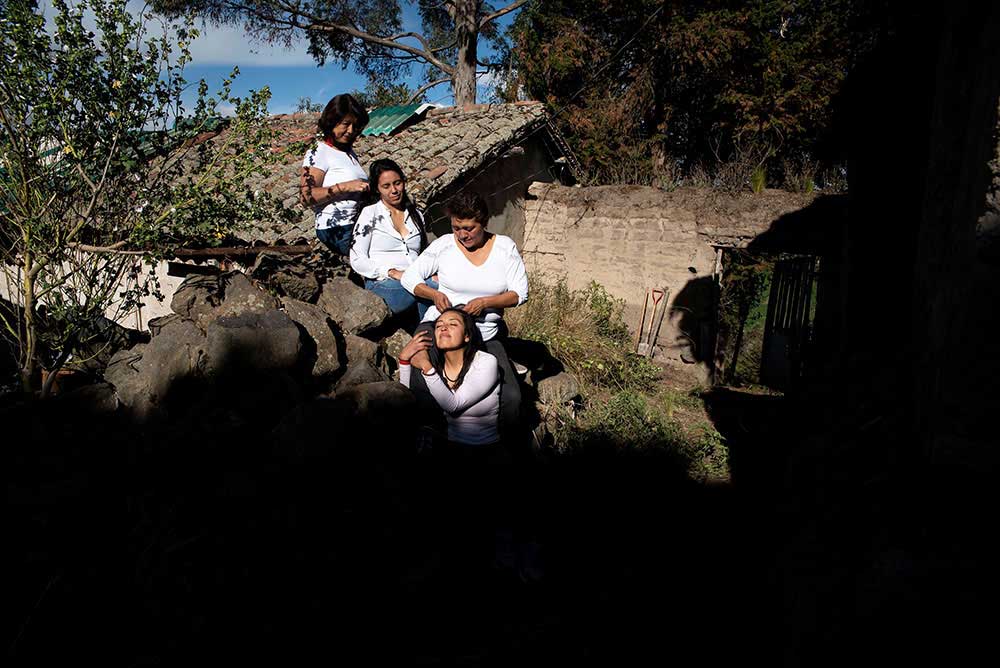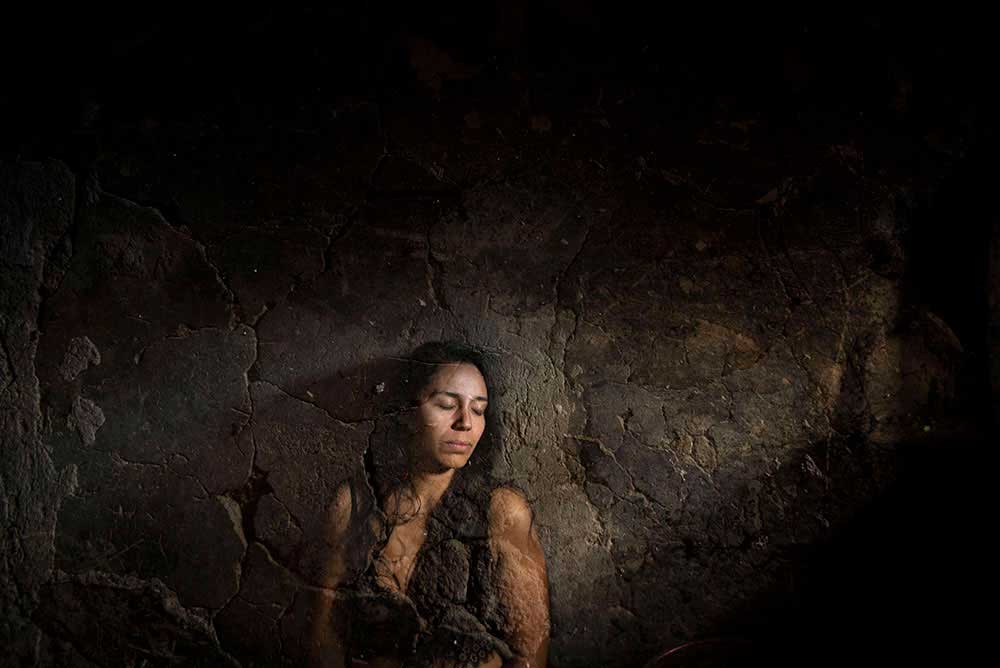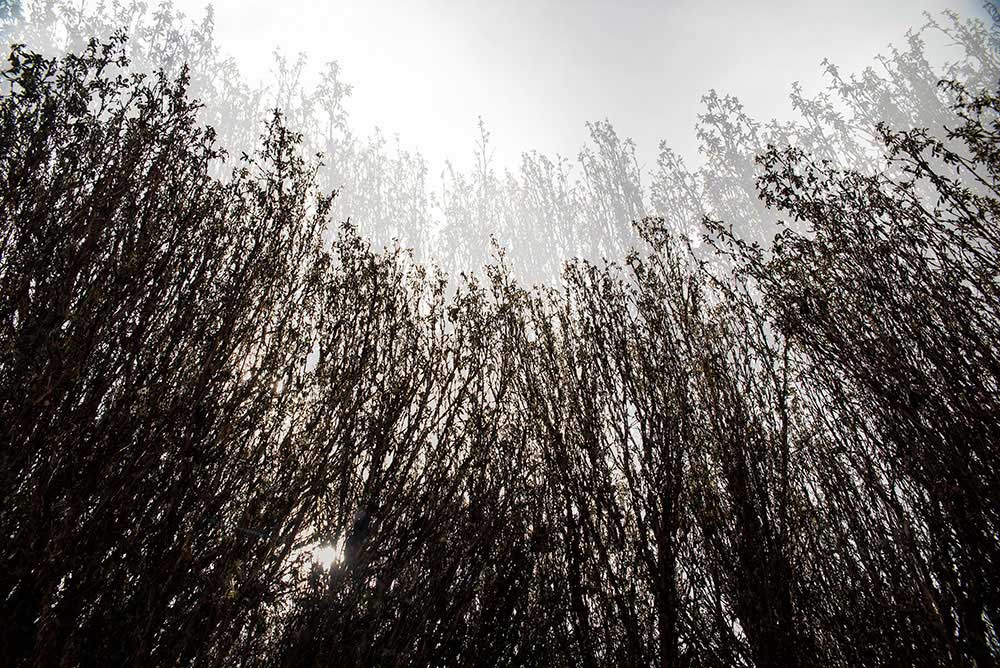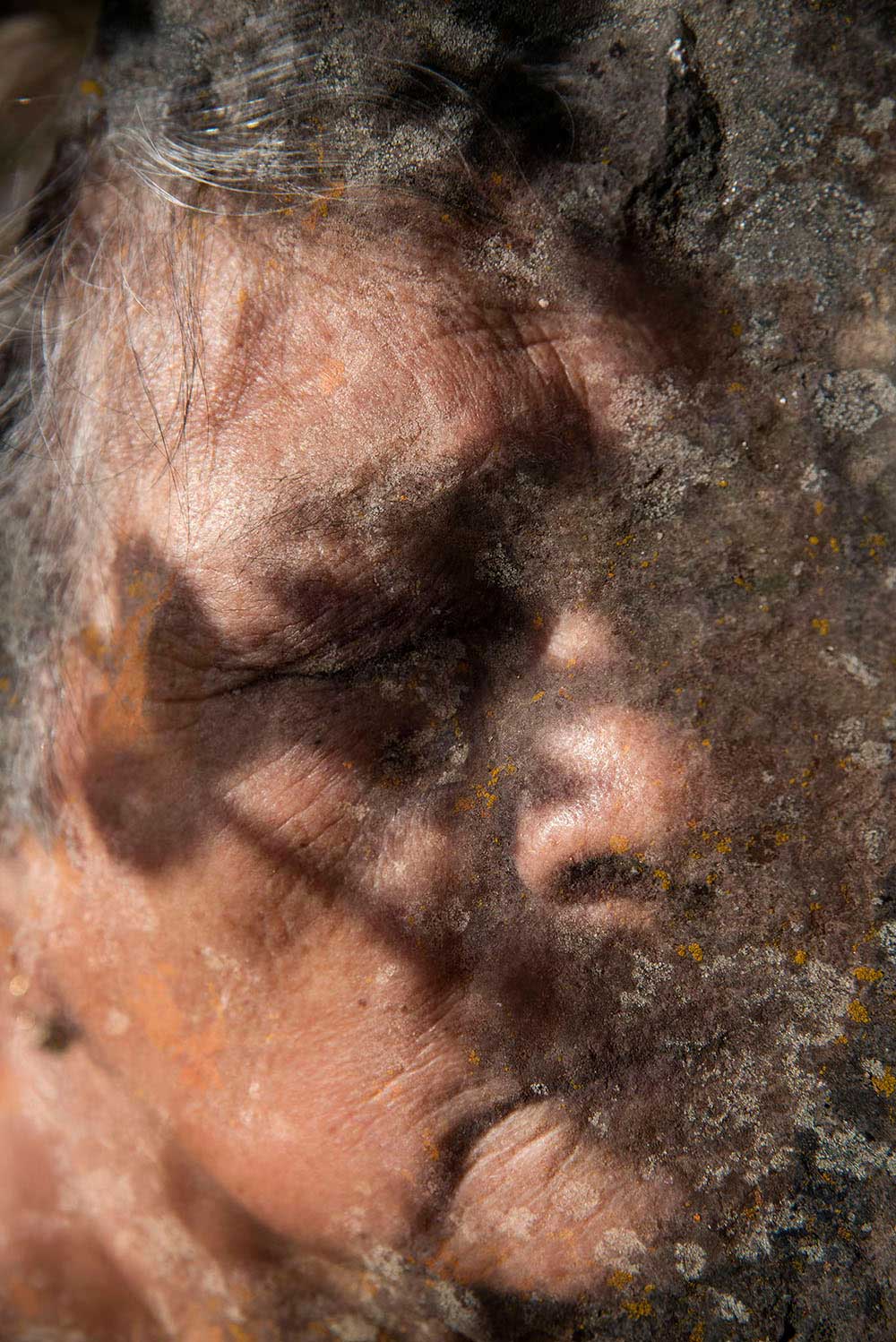The fear of losing them made me return: my land, my mother. we are a land that feels, land that cries, land that thinks, that suffers and regenerates.
More than 50 years ago, my family had to move from the small town on the slopes of the Cotopaxi volcano to Quito, the capital of Ecuador. My great-grandmother, my grandmother, my aunts, and my mother arrived in the city, separated from Cusubamba. Their knowledge of planting, healthy eating, animal care, and community life survive as distant memories amid chaotic capital life. Since the quarantine began, we started a return trip to our roots.
“A ti Vuelvo” explores the female sense for the protection of the earth, this project documents nature in a perspective of the family, the transcendence of the knowledge that the generations behind have communicated to us, and that we will take to future generations. In a world where we are bombarded with a predatory consumption and overrated individualism, the pandemic shows us how simple life can be when we return to our essence.
The severity of the health crisis facing the world has led us to consider alternatives for post-COVID-19 scenarios focused on a sustainable development strategy that prioritizes the use of natural resources and the harmonious coexistence between human beings and nature. These innovations approaches and leaves us some inspired clues where to continue exploring our future actions with the application of alternatives that do not compromise sustainability for new generations.
This project is part of an Ayün Fotografas collective’s work “La naturaleza que nos habita,” or “the nature that inhabits us,” explores the problems leading up to the pandemic, such as environmental deterioration,destruction, and exploitation as well as overpopulation, pollution, and detachment from nature. While most of our stories hail from Latin America—one of the world’s most biodiverse regions—our stories extend beyond this region, ensuring a global perspective. Our work will also highlight the important work of activists and organizations throughout these regions fighting to reverse these negative impacts.
About Johanna Alarcón
Johanna Alarcón (1992) is a freelance photojournalist and educator in Ecuador. Her work focuses on social, cultural, human rights and gender-related issues. She is a Member of Fluxus Foto Collective. Her work has been published in: New York Times Lens Culture, Bloomberg, Courrier Magazine, Huck Magazine, AJ+ Español, Folha Sao Paulo International, El Pais, Bex Magazine.
Johanna was selected World Press Photo 6×6 Global Talent South America and attended the 2019 New York Times portfolio review Johanna’s recognitions include the Everyday Projects Mentorship Award, Afroamericanos award (Ecuador), and the Juan Antonio Serrano photojournalism award. She received an Honorable Mention in the photobook competition RM. Currently, she works on assignments, teaching and her personal projects. [Official Website]


